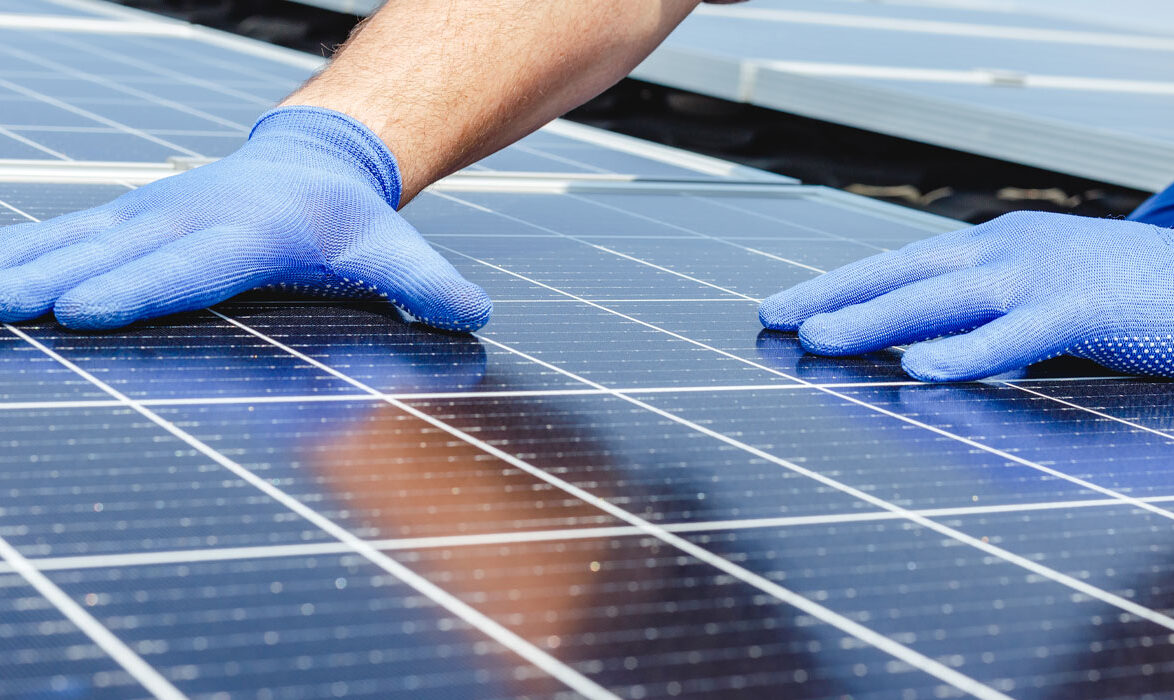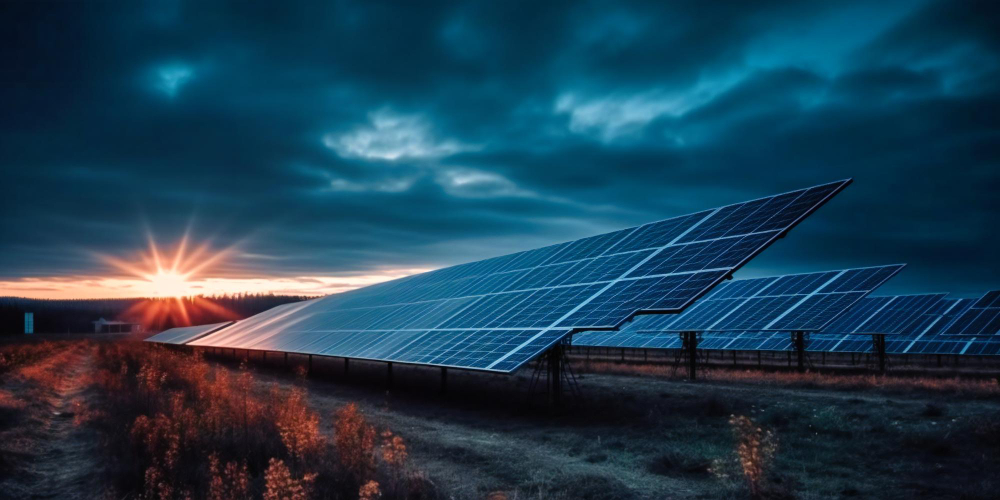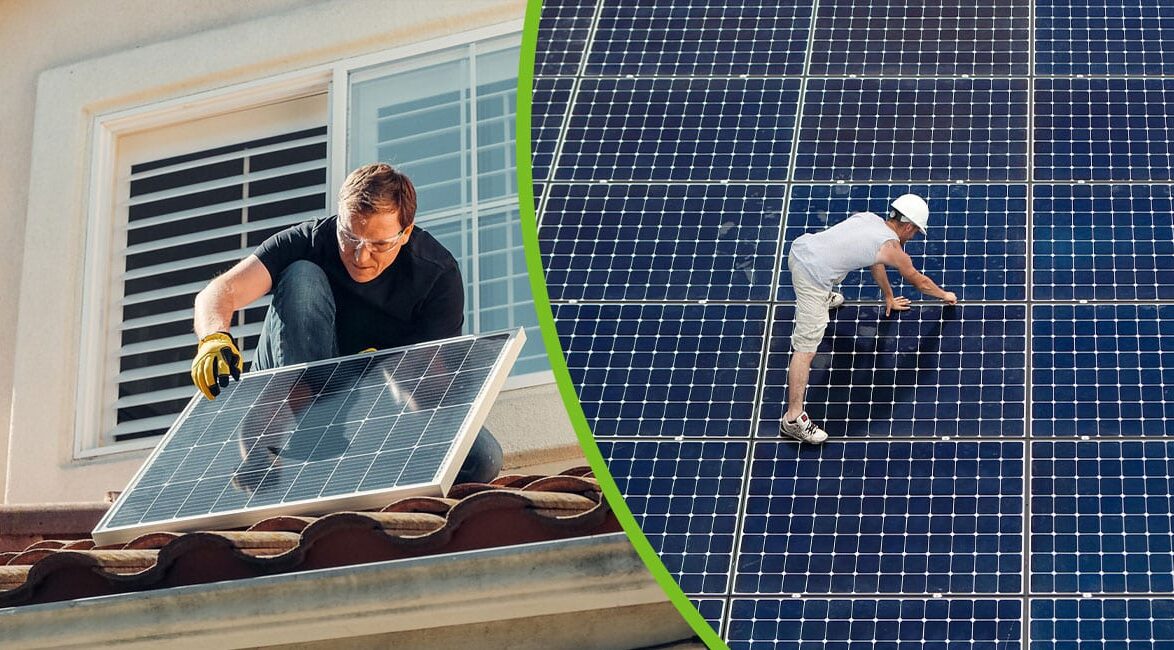Introduction
The UAE’s drive towards sustainability has led many homeowners and businesses to consider solar energy as a viable power source. However, one of the main concerns for potential solar customers is the initial cost of solar panels and whether it’s worth the investment. In this blog, we’ll break down the cost of solar panels in the UAE, examine the financial benefits, and explore the long-term return on investment to help you decide if solar energy is the right choice for you.
Understanding the Cost of Solar Panels in the UAE
The cost of solar panels varies depending on several factors, including the type of solar system you choose, the size of your property, and the installation complexity. Generally, solar panel prices in the UAE are influenced by:
- Panel Efficiency and Brand: Higher efficiency panels from premium brands tend to be more expensive but provide more power output.
- System Size: A larger system designed to power an entire home or business will naturally cost more than a smaller system.
- Installation Costs: Installation can vary depending on your location and the complexity of the installation process, such as rooftop access or integration with existing electrical systems.
On average, the cost of solar panels in the UAE can range from AED 15,000 to AED 45,000 for residential setups, with commercial systems costing much more depending on the energy needs.
With the UAE’s commitment to renewable energy, solar panels are becoming a popular choice for homeowners and businesses. But are solar panels worth the investment? This blog explores the cost of solar panels in the UAE, the long-term savings, and the financial incentives that make it a smart choice for the future.
The Long-Term Savings: Reducing Your Energy Bills
While the upfront cost of installing solar panels might seem high, the long-term savings can significantly outweigh the initial investment. Here’s how:
- Lower Electricity Bills: By installing solar panels, you can reduce or even eliminate your monthly electricity bills, depending on your system’s size and energy needs.
- Energy Independence: Solar power reduces reliance on the national grid, making your energy consumption more predictable and less dependent on fluctuating electricity prices.
- Return on Investment (ROI): On average, homeowners can expect to see a return on their investment within 5 to 7 years. After this period, solar panels generate free electricity, providing savings for the next 20-30 years.


Government Incentives and Subsidies: Making Solar More Affordable
The UAE government offers several incentives and subsidies to encourage solar adoption, making it more affordable for residents and businesses:
- Net Metering: Under the net metering system, excess electricity generated by your solar panels can be sold back to the grid, further lowering your energy costs.
- Dubai Green Fund: This initiative provides low-interest loans and financing options to encourage solar panel installation.
- Tax Benefits and Rebates: Various rebates and tax incentives are available for businesses and homeowners who adopt renewable energy solutions.
These incentives help reduce the financial burden of installing solar panels and make it more accessible to a wider population.
Solar Panel Lifespan and Maintenance Costs
One of the most important factors when considering the cost of solar panels is their lifespan. Most solar panels last between 25 to 30 years, and during that time, they require minimal maintenance.
- Minimal Maintenance: Solar panels require occasional cleaning, typically once or twice a year, to ensure optimal performance. The inverter, which converts the solar power to usable electricity, may need replacement after 10-15 years, but this is a small additional cost compared to the savings generated by the panels.
- Warranties: Most solar panel manufacturers offer warranties of 10-25 years, ensuring long-term reliability and performance.
Frequently Asked Questions
Q1: How much does it cost to install solar panels in the UAE?
The cost of installing solar panels in the UAE typically ranges from AED 15,000 to AED 45,000 for residential setups. Commercial installations can be more expensive depending on the energy demand.
Q2: How long does it take to see a return on investment (ROI) from solar panels?
Homeowners can expect to see a return on investment in approximately 5 to 7 years. After that period, the solar panels continue to generate free electricity for 20-30 years.
Q3: Are there any government incentives for installing solar panels in the UAE?
Yes, the UAE government offers incentives like net metering, low-interest loans through the Dubai Green Fund, and tax rebates for those installing solar panels. These incentives can make solar adoption more affordable.
Q4: Do solar panels require a lot of maintenance?
Solar panels require minimal maintenance, typically only needing cleaning once or twice a year. The inverter may need replacing after 10-15 years, but overall, solar panels are a low-maintenance investment.
Call to Action
Are you ready to take control of your energy future? Solar energy offers an opportunity to reduce your electricity costs, help the environment, and increase the value of your property. With government incentives and long-term savings, the investment in solar panels is one that pays off over time.
Contact us today for a free consultation and get started with your solar installation!
Conclusion
The cost of solar panels in the UAE may seem high initially, but with long-term savings, government incentives, and minimal maintenance, the investment proves to be highly worthwhile. Solar energy is an essential step towards sustainability, offering significant environmental benefits while reducing energy costs. As the UAE continues to promote clean energy, there has never been a better time to consider solar as a viable and cost-effective energy solution.





Leave a Comment
Your email address will not be published. Required fields are marked *